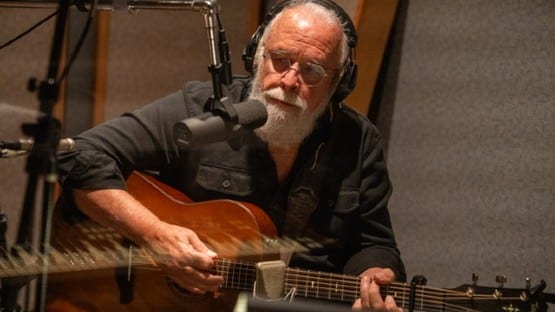
[email protected]
It wasn’t cheap before, but health insurance is now something that Terry Holmes almost can’t afford to keep up for his employees.
“I’m not going to pass all the increases onto them, but I have to pass some of them,” said Holmes, the owner of the popular Mill Street Grill restaurant in Downtown Staunton, talking about insurance costs that have gone from $75 per month per employee in 2001 to nearly $400 a month today, with another $85-a-month increase expected this fall.
Holmes isn’t the only person in the business sector struggling under the weight of health-insurance premiums. Even the mighty GM is having difficulty keeping up with the costs associated with providing what is still considered a staple employee benefit. The automaker spends more than $1,500 for every vehicle that rolls down its assembly line to provide health care for its workers, more than the cost of the steel that goes into the making of an automobile.
“This different dynamic with our health-care industry makes it so that our industries are not competitive in a global marketplace,” said Sam Rasoul, the Democratic Party nominee in the Sixth District, who was in Augusta County today to talk up his support for a measure that has been introduced in Congress that would establish a single-payer health-care system.
“I believe in HR 676 because it is the best compromise that really addresses the largest problem in health care, which is insurance,” said Rasoul, who is challenging incumbent Republican Bob Goodlatte in the Nov. 4 election.
“HR 676 is a compromise because it combines the cost-savings benefits of a single-payer system with the freedom of a privately delivered health-care system. So the doctor you have right now will continue to be your doctor, hospitals will continue to run themselves, the government has nothing to do with managing health-care facilities. This is not socialized medicine,” Rasoul said.
He hit the buzzword there. Republicans have long referred to single-payer, also referred to as universal health care, as being akin to socialized medicine. It shouldn’t be about the packaging, and of course isn’t for the close to 50 million Americans who currently do not have health insurance, and the tens of millions more who are a steep premium increase from joining their ranks.
“We would have a system that brings health care to all Americans, brings down health-care costs, and allows for the freedom to choose your health-care provider. This is a plan that moves America forward, and this is a plan that works,” Rasoul said.










